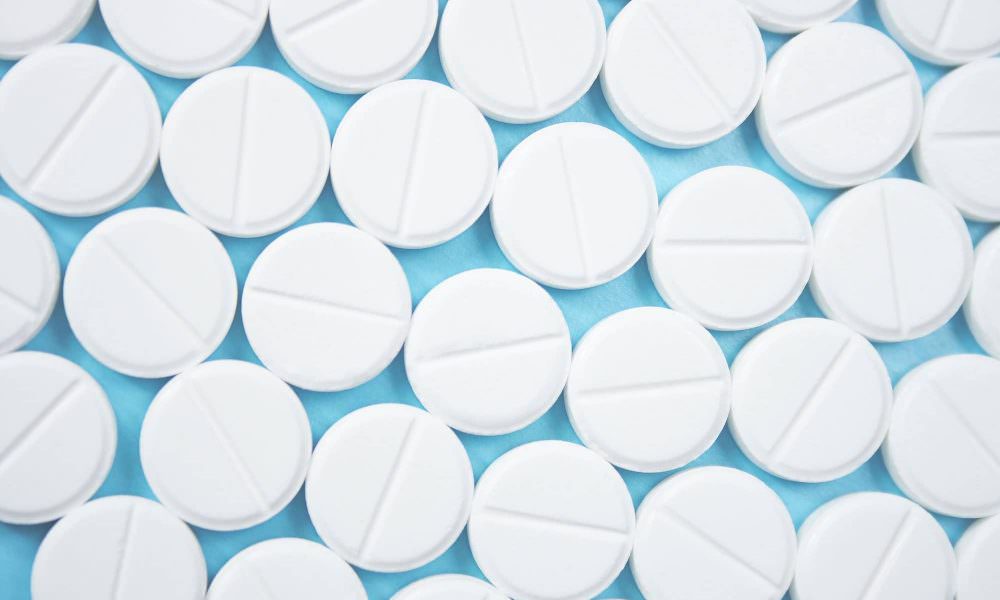Did you catch the opioid-related commercial during Super Bowl 50?
The 1-minute spot, titled “Envy,” covered two topics rarely seen during the annual ad frenzy: constipation and opioid use.
The commercial reportedly cost around $5 million to make and then run during the Super Bowl. Pharmaceutical companies AstraZaneca and Daiichi Sankyo are behind the dramatic, somewhat humorous ad, which encourages viewers to visit OICIsDifferent.com, a small website that educates the user on opioid-induced constipation. The Super Bowl ad and the website it promotes are essentially designed to point to the medication Movantik, which treats opioid-related constipation.
How Opioids Can Cause Constipation
A day after the Super Bowl, media outlet Mic.com published an article that looks into why the commercial was made and why the White House is spending more than $1 billion to fight prescription drug addiction.
Our very own Medical Director Dr. Elizabeth Ann Drew was featured in the Mic.com article, providing insight into opioids’ effects on the gastrointestinal system.
Dr. Drew told Mic.com that there are opioid receptors in the gastrointestinal tract that can slow down the progress of food through the bowel when opioids are taken. She added that the rate of opioid users who experience constipation is nearly 100 percent. Only if users have another gastrointestinal condition, such as irritable bowel syndrome, can they avoid the constipation caused by opioids, Dr. Drew said.
Read The Full Mic.com Article Here
Medication to Counteract Medication
Medical experts have noted that the “Envy” commercial essentially proposes medication to counteract one of the side effects of another medication. While the use of opioids is legitimate, especially for chronic pain sufferers, proposing medication on top of medication might lead people down quite the rabbit hole.
Starting a Conversation on Opioid Use
While the “Envy” ad doesn’t delve into opioid addiction, it certainly has started a national conversation on opioid use. Other experts featured in the Mic.com article suggested that the commercial might be normalizing opioid use, which should otherwise be a last resort for those suffering intense pain. The White House is even criticizing the pharmaceutical ad for the very same reason, especially at a time when the administration is trying to fight prescription drug and heroin abuse.
White House Chief of Staff Denis McDonough tweeted the following on Monday:
Next year, how about fewer ads that fuel opioid addiction and more on access to treatment. #SB50
43110:57 AM – Feb 8, 2016Twitter Ads info and privacy409 people are talking about this
Whether the commercial triggers opioid use is debatable, but it certainly comes at a curious time, when prescription drug-related and heroin-related deaths are becoming a national crisis.
AstraZanceca executive Dave Fredrickson had a solid response to the backlash, however, as quoted by USA Today. He said he hopes the commercial raises awareness about the digestive effects opioids can cause, and that it starts a conversation about using the potentially addictive drug cautiously and only when necessary.
White House Press Secretary Josh Earnest said that the administration has no plans to try to curb how opioids are advertised, but that he hopes drug companies will do their part in discouraging people from abusing prescription medication.
J Earnest (Archived)✔@PressSec44Replying to @Denis44
Good point @Denis44, our Administration is determined to confront opioid addiction as a public health threat 511:47 PM – Feb 8, 2016Twitter Ads info and privacy58 people are talking about this
Treating Opoid Addiction at Serenity at Summit
Rather than turning to another medication to mitigate a side effect of your opioid medication, why not try to treat the source of your opioid usage?
Serenity’s treatment methods help break the individual’s dependence on opioids, and we have the tools to simultaneously manage pain. Detoxification is usually necessary in the case of opioid addiction, so we have detox locations in New Jersey and Massachusetts to help recovering users at the beginning of a formal treatment program. Inpatient, outpatient and even continued care treatment options are available to clients after they’ve graduated our opioid detox program.
To learn more about how we treat opioid/opiate addiction, click here.

